Centers Initiatives
Select a category:
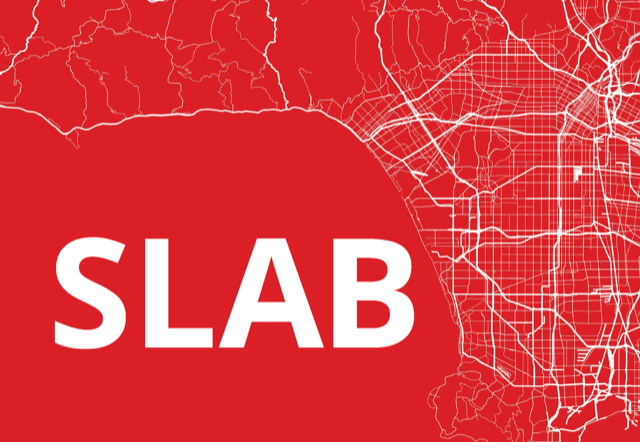
Spatial Analysis Lab (SLAB)
Committed to expanding the visualization of public policy and urban planning, the USC Price School launched its Spatial Analysis Lab for research. SLAB’s research experiments with developing alternative cartographies to bring attention to overlooked urban spaces and people. It also critically studies how our visual narratives interface with social institutions and public discourse.

Center for Advancing Sociodemographic and Economic Study of Alzheimer’s Disease
The Center for Advancing Sociodemographic and Economic Study of Alzheimer’s Disease and Related Dementias (CeASES-ADRD) is an interdisciplinary research center housed at the USC Schaeffer Center for Health Policy & Economics the Schaeffer Center, Stanford and the University of Texas, Austin. CeASES-ADRD supports innovative research on the health, economic and social impacts of dementia by identifying opportunities to reduce risk and costs of dementia, improve access and care, and advance solutions for achieving health equity. A special interest is in the development of global, dynamic microsimulation models of ADRD. The findings from these models will inform policymakers and other stakeholders of the trends in ADRD. Goals of the Center are accomplished through network building to broaden and diversify social scientist researchers of dementia; funding support for pilot projects; convening workshops and the annual Science of ADRD for Social Scientists Program to improve the knowledge and capability of researchers.
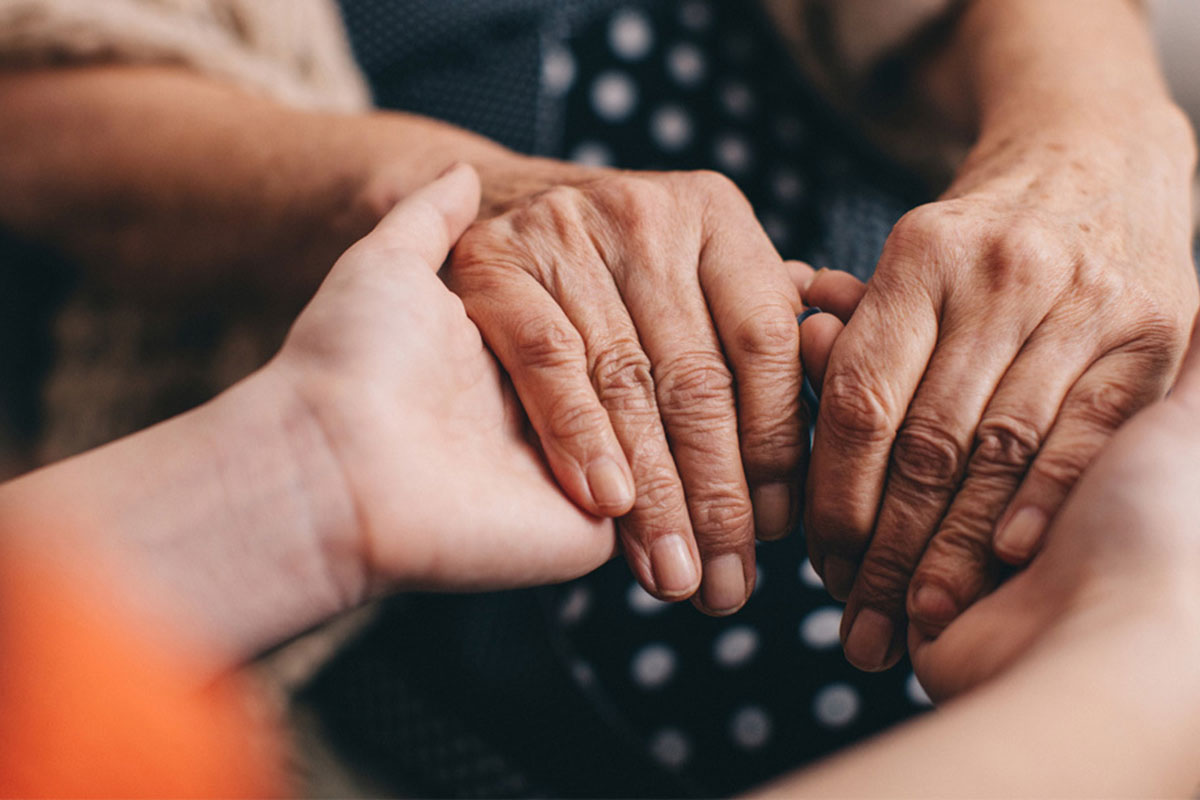
USC Alzheimer’s Disease and Alzheimer’s Disease Related Dementias Resource Center for Minority Aging Research
USC Alzheimer’s Disease and Alzheimer’s Disease Related Dementias Resource Center for Minority Aging Research (USC AD/ADRD RCMAR) was established through funding from the National Institutes of Health and aims to increase the number, diversity and academic success of junior faculty focusing their research on the health and economic wellbeing of minority elderly populations. It is part of a network of NIH-funded Alzheimer’s disease-focused Resource Centers for Minority Aging Research (AD-RCMAR).
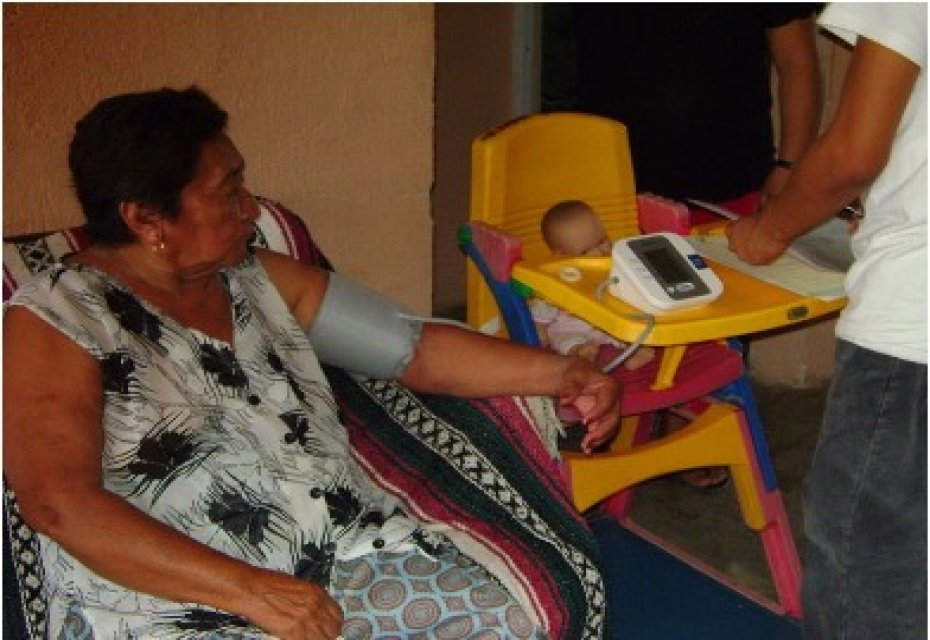
The Hispanic Well-Being Initiative
Advancing equity in the well-being of Latinos and Hispanics in the United States by conducting research to understand social determinants and consequences of health.
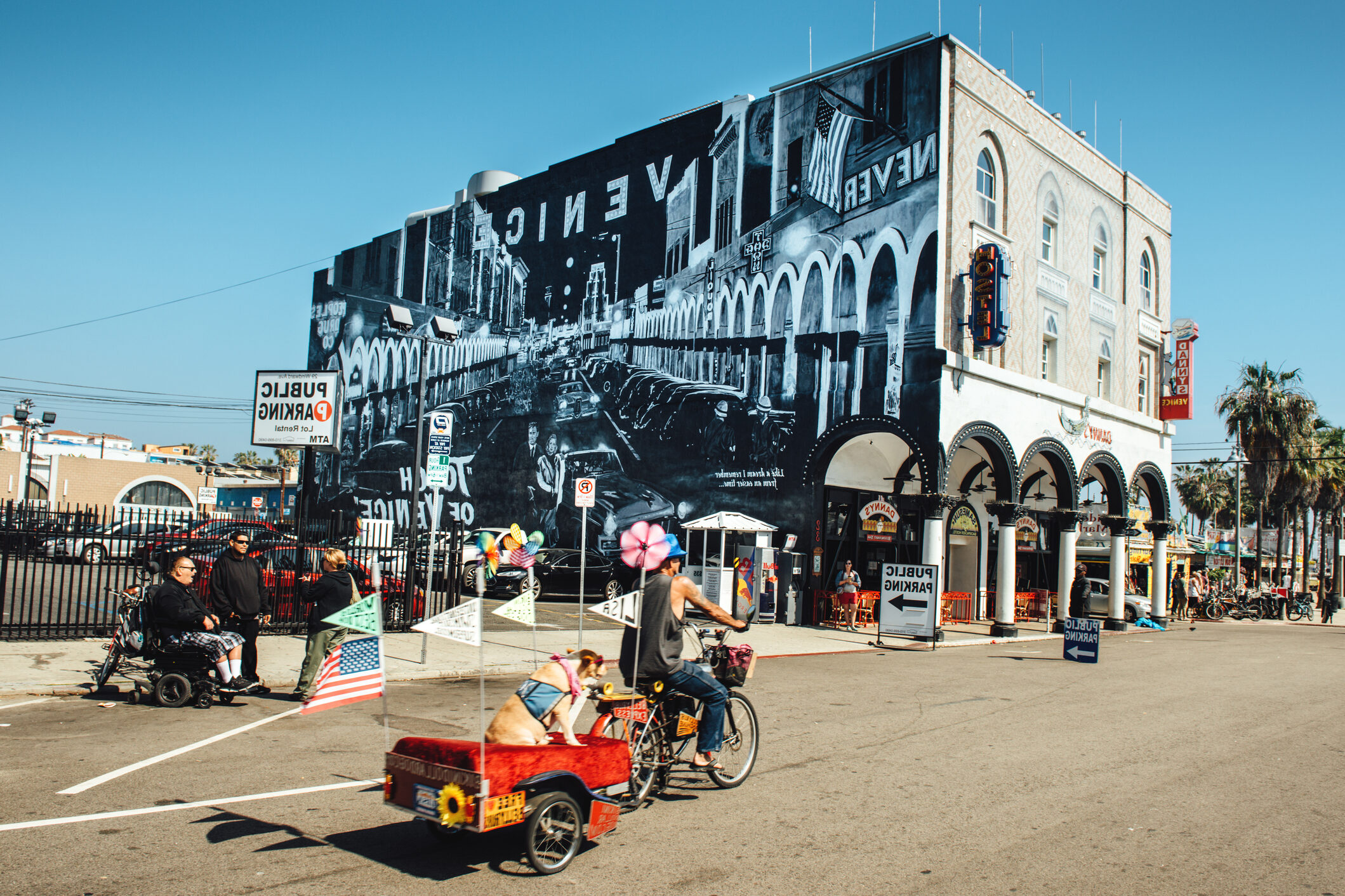
Homelessness Policy Research Institute (HPRI)
Established with support from the Conrad N. Hilton Foundation and the Home For Good Funders Collaborative, the Homelessness Policy Research Institute (HPRI) is a collaborative of over one hundred researchers, policymakers, service providers, and experts with lived experience of homelessness that accelerate equitable and culturally informed solutions to homelessness in Los Angeles County by advancing knowledge and fostering transformational partnerships between research, policy and practice.
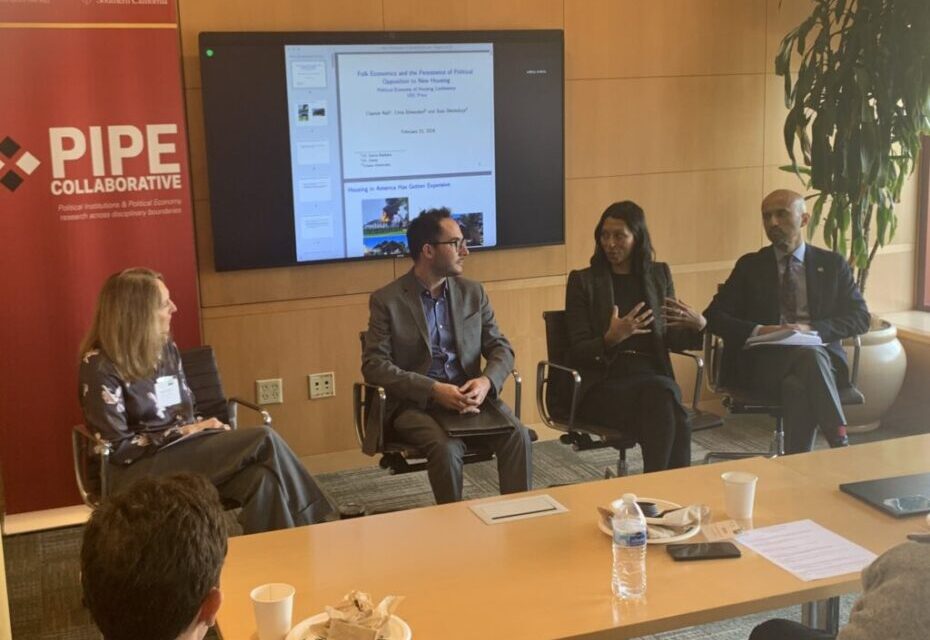
PIPE Collaborative
The Political Institutions and Political Economy (PIPE) Collaborative is a university-wide research endeavor jointly sponsored by the Price School’s Bedrosian Center and the Office of the Provost. The PIPE Collaborative will include faculty and graduate students with common interests in various aspects of political institutions and political economy.

Population Dynamics Research Group
The Population Dynamics Research Group uncovers demographic trends that drive major changes in society, providing insights that lead to effective policies.

RAND-USC Schaeffer Opioid Policy Tools and Information Center
Successfully combating the evolving opioid crisis will require meeting unprecedented demands on our public health, health care, public safety, law enforcement, and criminal justice systems. The RAND-USC Schaeffer Opioid Policy Tools and Information Center (OPTIC) is fostering innovative research and connecting stakeholders to change the trajectory of this crisis/
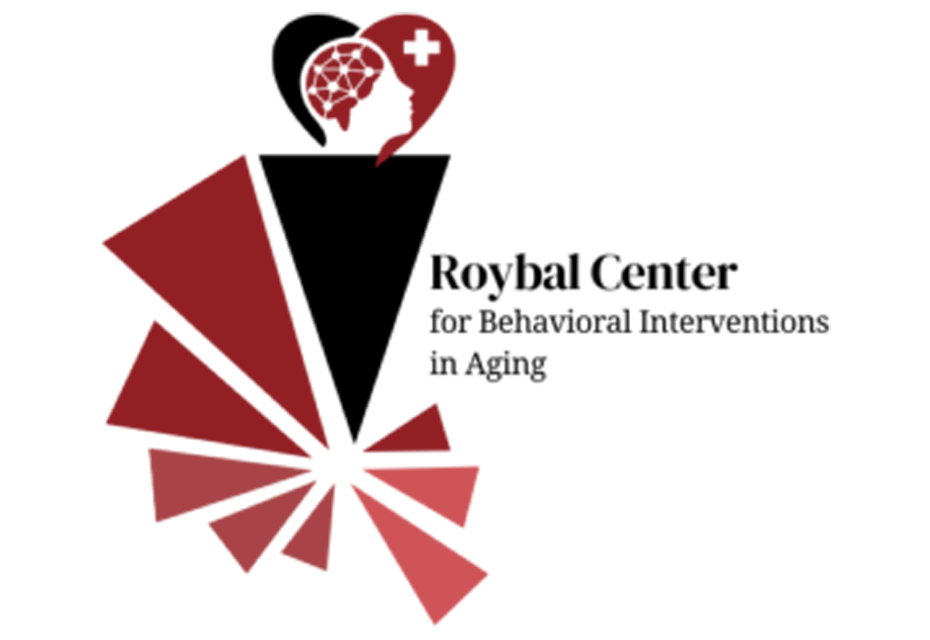
USC-Yale Roybal Center for Behavioral Interventions in Aging
USC-Yale Roybal Center for Behavioral Interventions in Aging conducts research that advances healthy aging for older adults who are economically insecure, culturally diverse, and historically under-served. The Roybal Center develops and tests interventions based on insights from behavioral science to promote healthy aging. The Roybal Center aims to strengthen the ability of clinicians to choose or recommend the safest and most effective treatments for their patients through the use of behavioral insights—nudges— that are developed through the center. Ultimately, the Roybal Center will address some of the country’s most pressing population health concerns that are driven by overuse of medical services and under use of comparatively effective services.
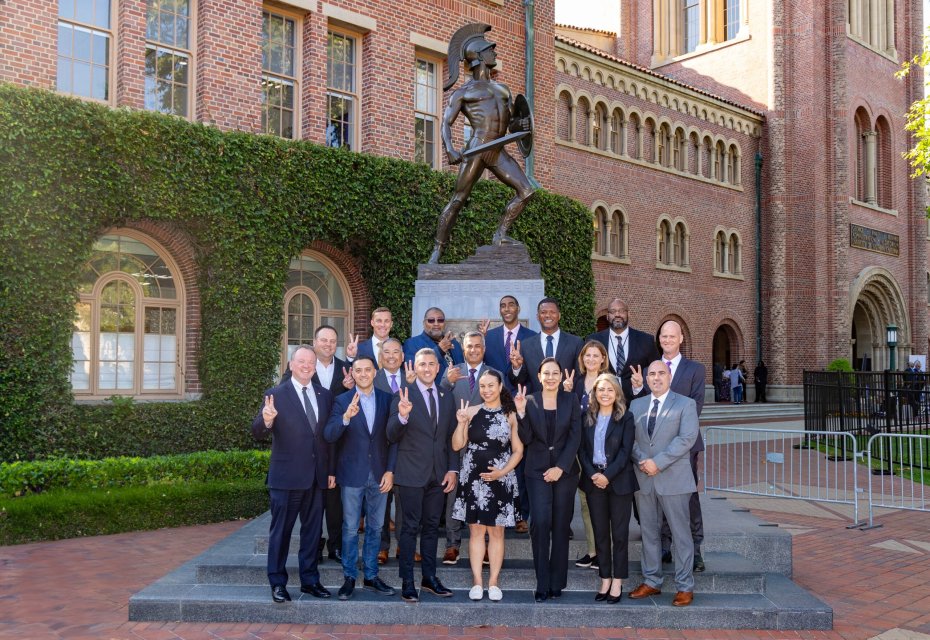
Safe Communities Institute
The Safe Communities Institute (SCI) at the USC Price School of Public Policy engages in research, interdisciplinary education, and collaboration to advance sustainable “whole-of-community” public safety and violence prevention strategies, policies, and programs.
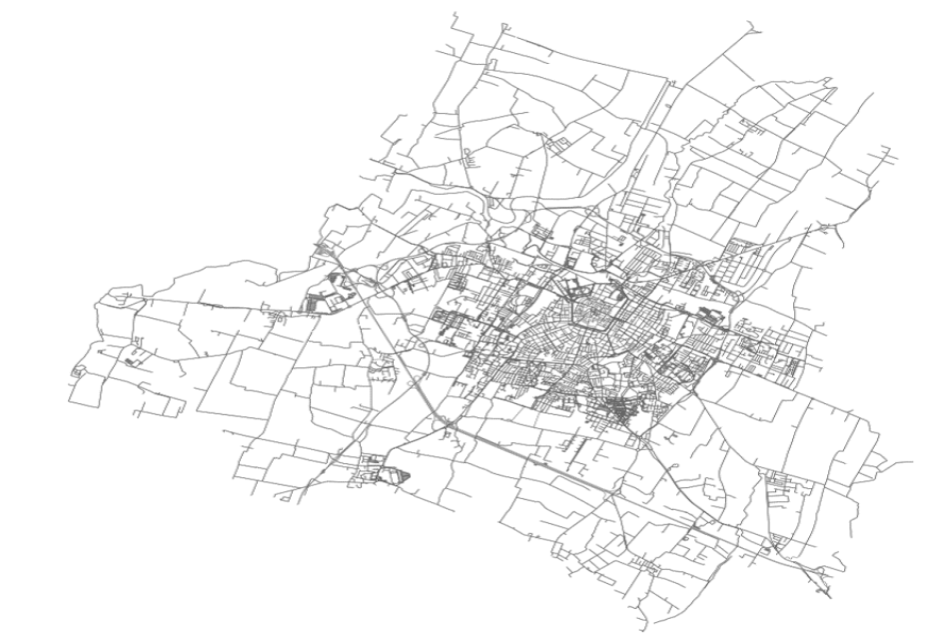
Urban Data Lab
Urban Data Lab uses computational data science and spatial analysis to explore urban transportation patterns around the world, critically interrogate how big data reshapes housing affordability, and leverage technology platforms for more just, collaborative city planning.